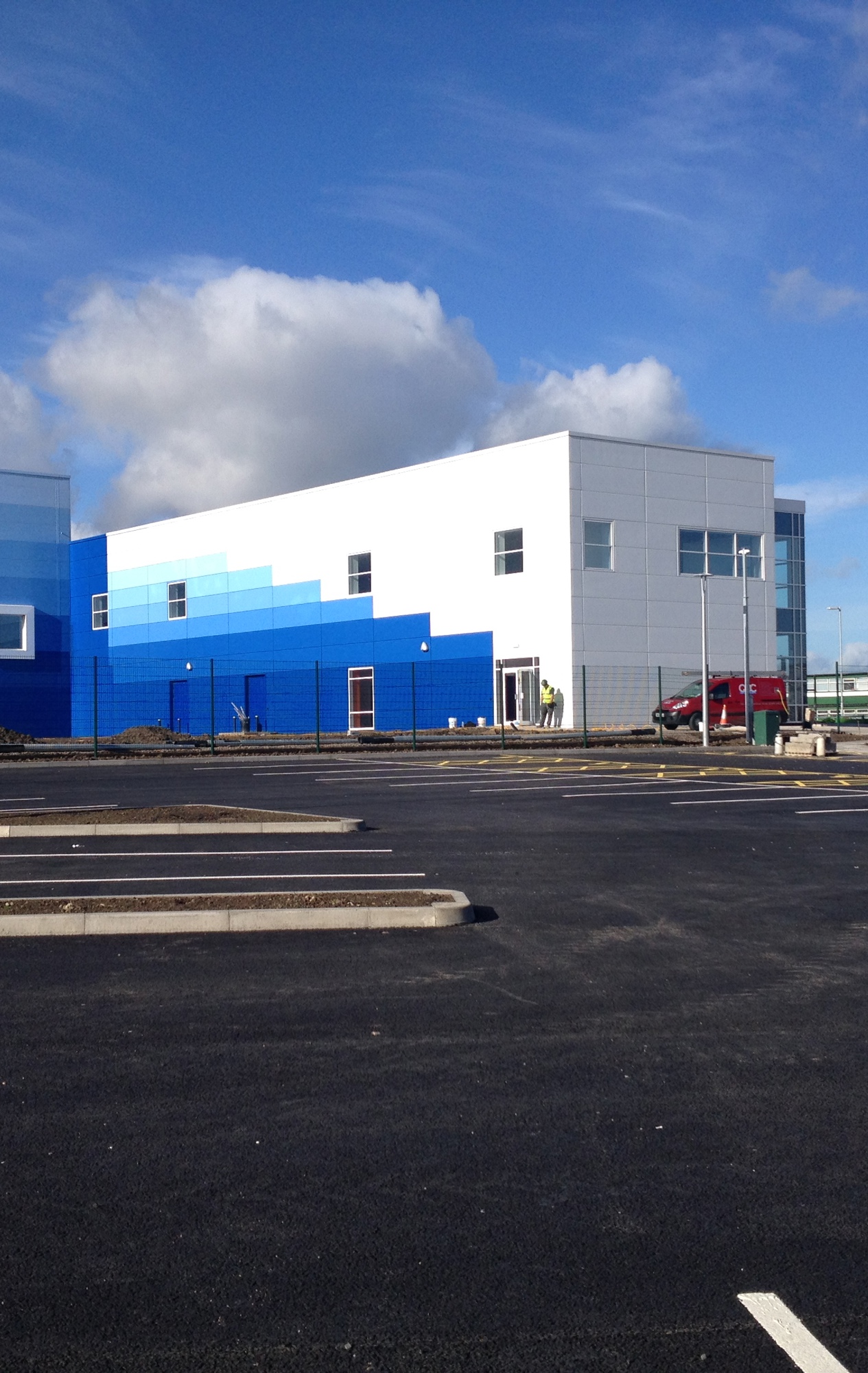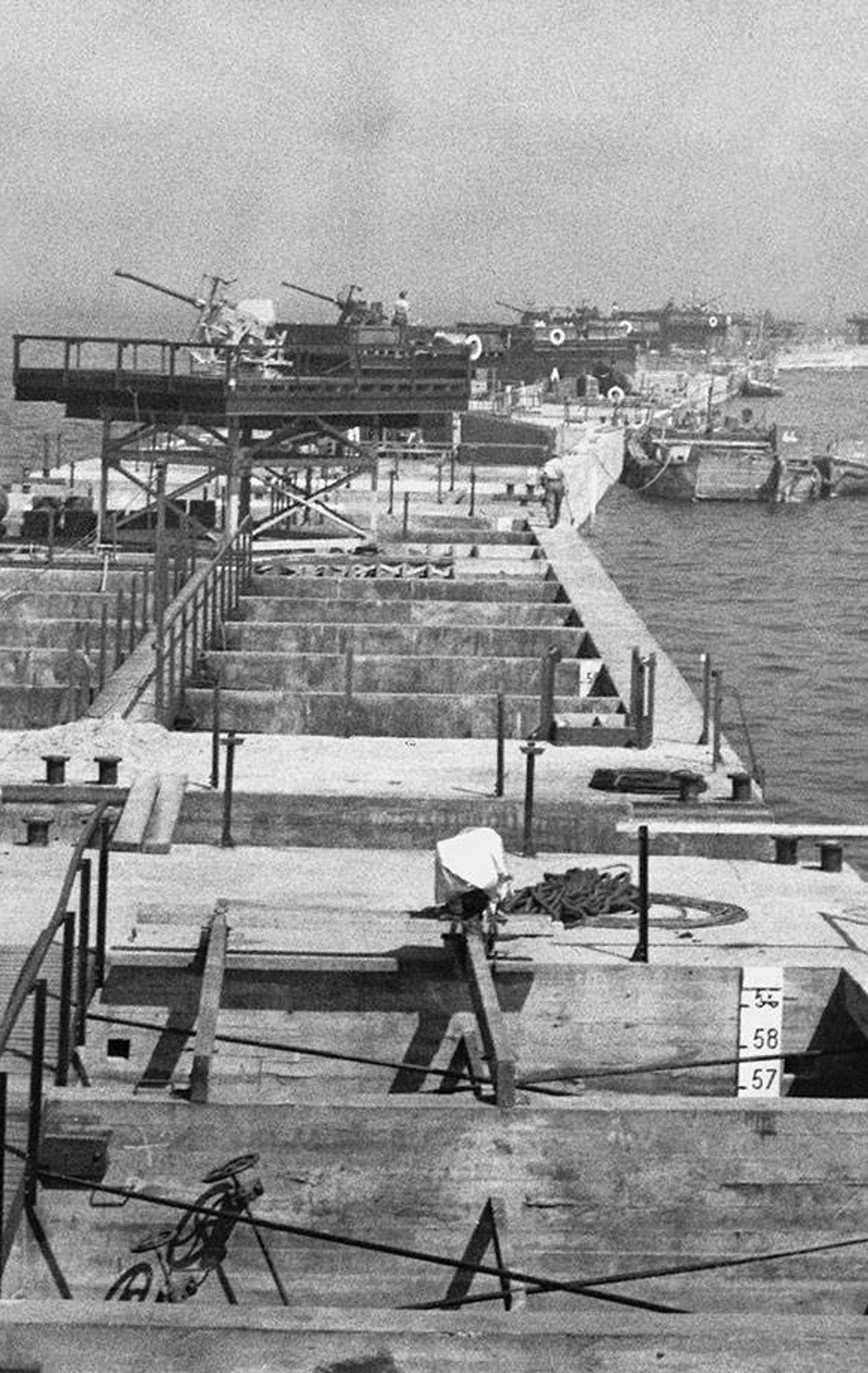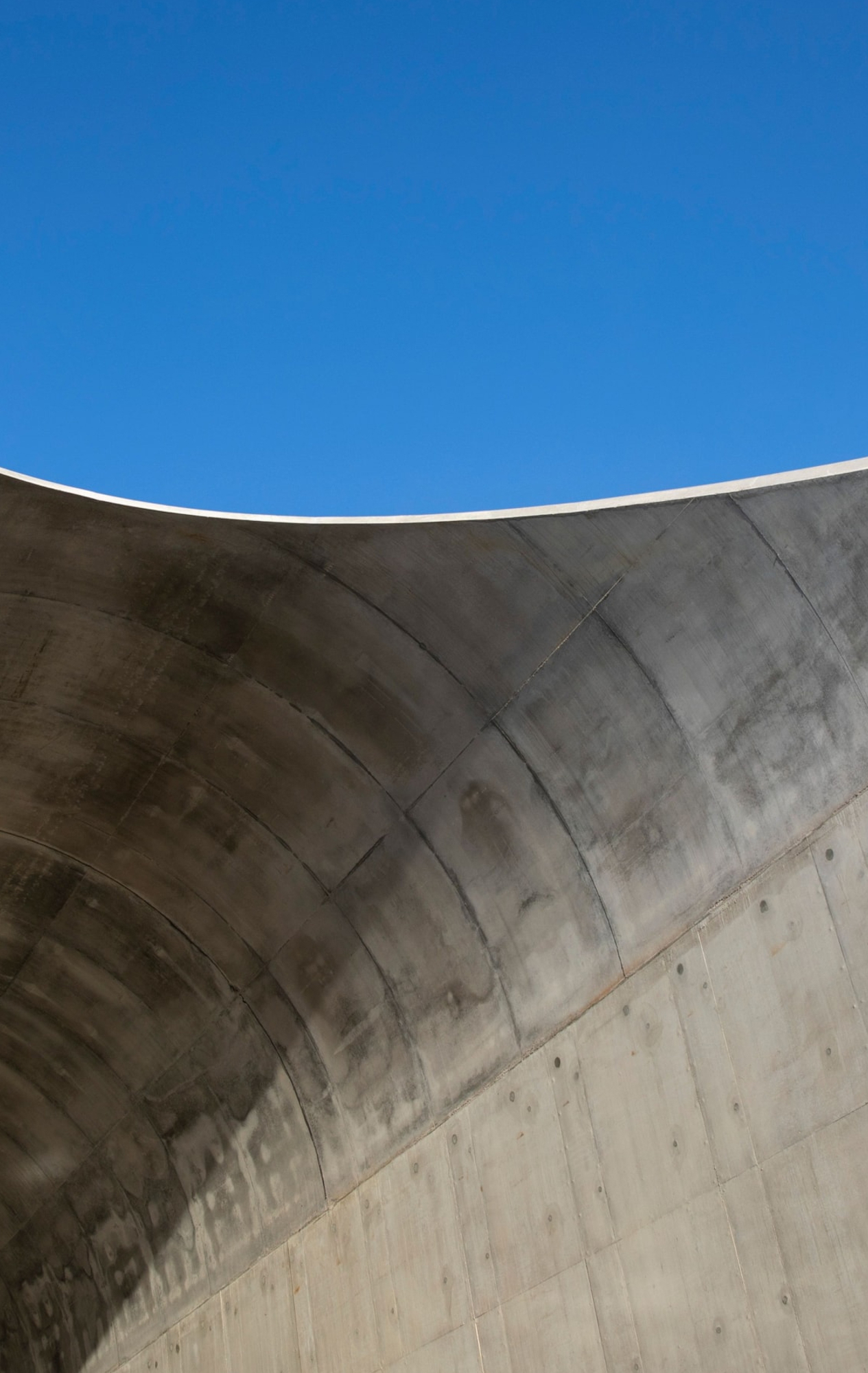An interesting opinion piece, published in Forbes, suggests we need to look forward, rather than back when it comes to planning how to recover from the pandemic. This is, of course, true, but key lessons can still be learned from the past, particularly when it comes to identifying the societal benefits of infrastructure investment.
And there is perhaps no better example than Sir Joseph Bazalgette.
Bazalgette is far from being a household name. Perhaps it’s because his creation - the London sewage system - is about as unglamorous as it’s possible to get. Or perhaps his name has slipped from public consciousness because so many people, or 8 million to be precise, now take the vast network of underground caverns for granted.
Either way, Bazalgette’s creation is emblematic of the vital importance that infrastructure plays in our lives. It is also proof of the Civil Engineering Contractors Association’s (CECA) claim that it was only through ‘the work of Victorian visionaries who conceived and built highly ambitious infrastructure schemes’ that Britain was able to build truly modern cities.
The fact is that where the economic benefits of infrastructure are well known, and the positive environmental effects increasingly so, infrastructure is rarely discussed from a societal perspective. This really shouldn’t be the case. It is a point well-made by Forbes that GDP is all too often prioritised above all other metrics. We forget the human aspect: the fact the infrastructure, at its core, is supposed to enhance our lives.
After all, as CECA’s report made clear: investment in infrastructure has the power to transform communities, improving connectivity and growth across every region of the UK. It’s not just a question of speeding people to work quicker along a new motorway, but improving internet connectivity at home, or reducing the cost of electricity. And then of course there are schools, universities and hospitals. Infrastructure, to put it the other way, is the staple of the modern world.
The issue goes further still. Architecture is deeply woven into the national consciousness. Structures like the Millennium Bridge or Kings Cross station have, over time, achieved cultural icon status. As the government looks to invest in infrastructure across the country we have the opportunity not just to improve the lives of millions, but also to build Britain’s future heritage.








